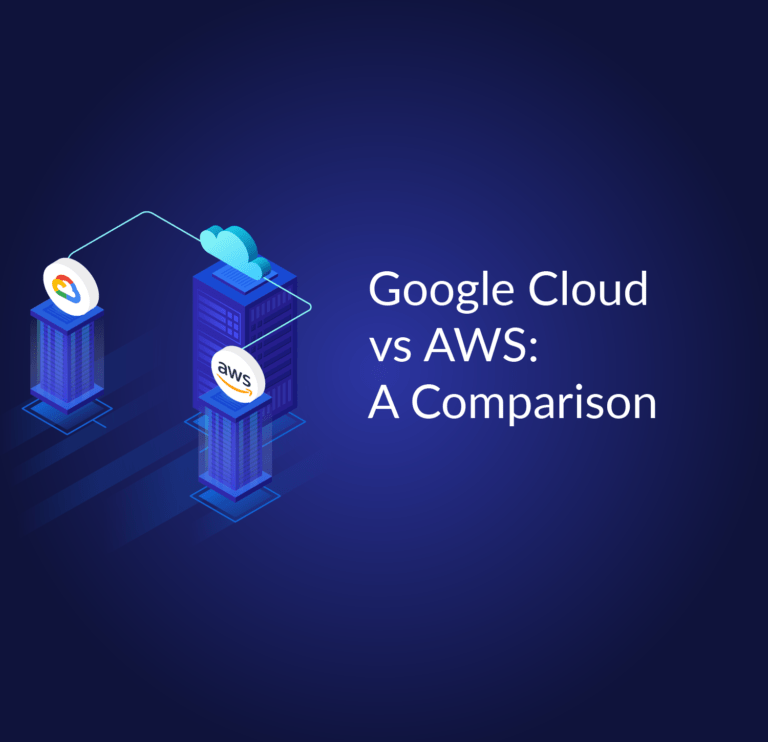
Supporting the Transition to Electric Vehicles: Challenges and Solutions
Introduction The automotive industry is undergoing a significant transformation as it shifts from traditional internal combustion engines to electric vehicles (EVs). This transition brings






